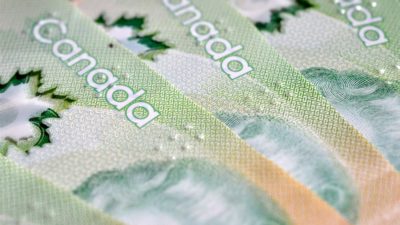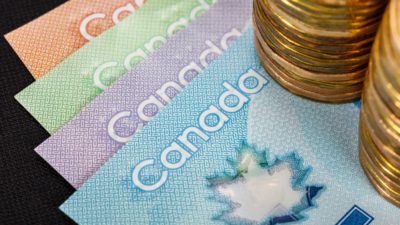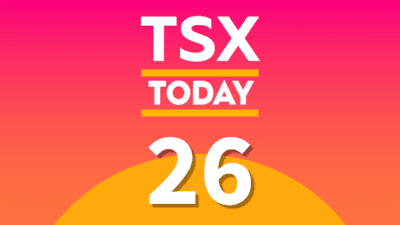It was the Alberta government’s turn on Wednesday to reveal its plans for the marijuana industry, and it only added to the complexity of having provincial governments set their own rules for the sale and distribution of cannabis. Let’s have a look at the proposed rules for pot in the province, which Albertans can still provide feedback on until October 27.
Sales will be made in specialty stores
The province did not specify whether or not it plans to allow pot shops to exist (Ontario has said it won’t, while it appears New Brunswick will), but it did indicate that a government-regulated distributor will act as the wholesaler for all specialty stores selling cannabis. It will be comparable to the system in place for distributing alcohol in the province. Alberta will not allow online sales initially, as it wants to make sure that it can verify the age of a purchaser, but it did leave it open as a possibility in the future.
Similar restrictions as tobacco and alcohol with respect to usage
Cannabis won’t be allowed in any areas that might have children around and use will be prohibited inside of a vehicle. The province also said it would not have any lounges or areas where cannabis can be consumed, suggesting its use in public will be limited. However, Alberta stopped short of going as far as Ontario in saying that it wouldn’t be allowed in the workplace and left that to be determined at a later date.
Advertising will be similar to what currently exists for tobacco
The province said that the restrictions for advertising and packaging on cannabis products will “mirror” the restrictions that tobacco products currently adhere to. Advertising can also take place only where there are no minors, but there will still be limits on promotions and displays.
Growing cannabis at home limited to four plants
Marijuana users will be able to grow as many as four plants in their home for personal use. However, the province will allow for rental agreements to restrict the ability for tenants to grow cannabis.
What this means for the industry
There weren’t many surprises in Alberta’s announcement, as it largely followed Ontario’s framework by generally disallowing cannabis use in most public places and imposing similar restrictions to what we see for tobacco. Although it answered some questions, it left bigger ones unanswered — namely, whether pot shops will be able to operate or if it will have government-run stores as the only option for consumers.
Nothing alarming for cannabis investors
We knew the industry would face challenges, and the restrictions that Alberta is planning to impose on cannabis sales and distribution in the province should come as no surprise. Alberta won’t be the cash cow that Ontario and British Columbia will be for companies like Canopy Growth Corp. (TSX:WEED) and Aurora Cannabis Inc. (TSX:ACB).
There are still many provinces that need to draw out a framework for the industry, and with Alberta looking to follow Ontario’s plan (especially if it disallows private stores from selling pot), it could be a sign of things to come. However, ultimately each province can make its own rules, which, unfortunately, will mean consumers and businesses will have to stay informed on all the differences from one province to the next.







